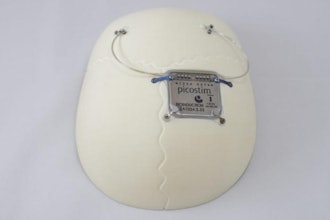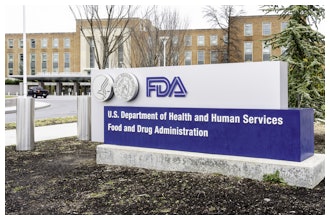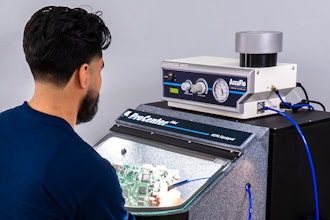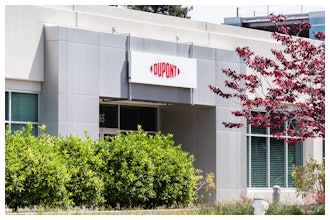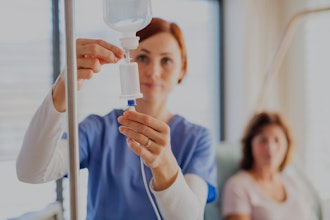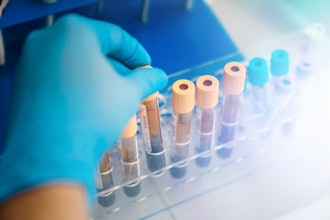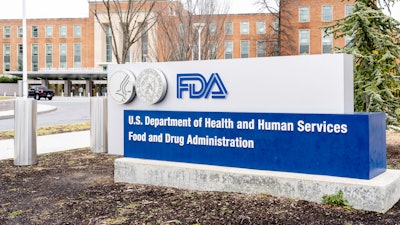
The U.S. Food and Drug Administration (FDA) is warning people not to use the Skippack Medical Lab SARS-CoV-2 Antigen Rapid Test (Colloidal Gold). This test is not authorized, cleared, or approved by the FDA for distribution or use in the United States. The FDA is concerned about the risk of false results when using this test because SML Distribution LLC has not provided the FDA with adequate data to show the test works correctly.
SML Distribution is recalling the Skippack Medical Lab SARS-CoV-2 Antigen Rapid Tests (Colloidal Gold), and the FDA has identified this issue as a Class I recall, the most serious type of recall.
The FDA has not received reports of injuries or death associated with use of the Skippack Medical Lab SARS-CoV-2 Antigen Rapid Test (Colloidal Gold).
Recommendations for Test Users, Caregivers, and Health Care Personnel
Do not use Skippack Medical Lab SARS-CoV-2 Antigen Rapid Test (Colloidal Gold).
- Test users and caregivers: Talk to your health care provider if you were tested with the Skippack Medical Lab SARS-CoV-2 Antigen Rapid Test (Colloidal Gold) and you have concerns about your test results.
- Health care personnel: If your patient was tested with the Skippack Medical Lab SARS-CoV-2 Antigen Rapid Test (Colloidal Gold) in the last 2 weeks and you suspect an inaccurate result, consider retesting your patients using an FDA-authorized SARS-CoV-2 diagnostic test. If testing was performed more than two weeks ago, and there is no reason to suspect current SARS-CoV-2 infection, it is not necessary to retest.
- Report any problems you experience with the Skippack Medical Lab SARS-CoV-2 Antigen Rapid Test (Colloidal Gold) to the FDA, including suspected false results.
Device Description
The unauthorized Skippack Medical Lab SARS-CoV-2 Antigen Rapid Test (Colloidal Gold) uses a nasal swab sample to detect proteins, called antigens, from the SARS-CoV-2, the virus that causes COVID-19. It uses one of two types of swab samples: nasal (anterior nares) or nasopharyngeal.
Potential Risk of False Test Results
- False-negative antigen test results mean that the test says the person does not have COVID-19, but they actually do have COVID-19. A false-negative result may lead to delayed diagnosis or inappropriate treatment of SARS-CoV-2, which may cause people harm including serious illness and death. False-negative results can also lead to further spread of the SARS-CoV-2 virus, including when people are housed together in health care, long-term care, and other facilities based on these false test results. When false negative test results are received, actions to limit exposure to an infected person might not be taken, such as isolating people, limiting contact with family and friends, or limiting access to places of employment.
- False-positive antigen test results mean that the test says the person has COVID-19 but they actually do not have COVID-19. A false-positive result may lead to a delay in both the correct diagnosis and appropriate treatment for the actual cause of a person’s illness, which could be another life-threatening disease that is not COVID-19. False-positive results could also lead to further spread of the SARS-CoV-2 virus when presumed positive people are housed together.
Update: The agency also warned that Mesa Biotech is recalling the Accula SARS-CoV-2 Test because certain lots of the test have an increased risk of giving false positive results due to contamination at the manufacturing facility. Although there have been no reports of injuries, adverse health consequences, or death associated with the use of these affected products, false positive results could lead to further exposure of uninfected individuals to SARS-CoV-2 virus.










